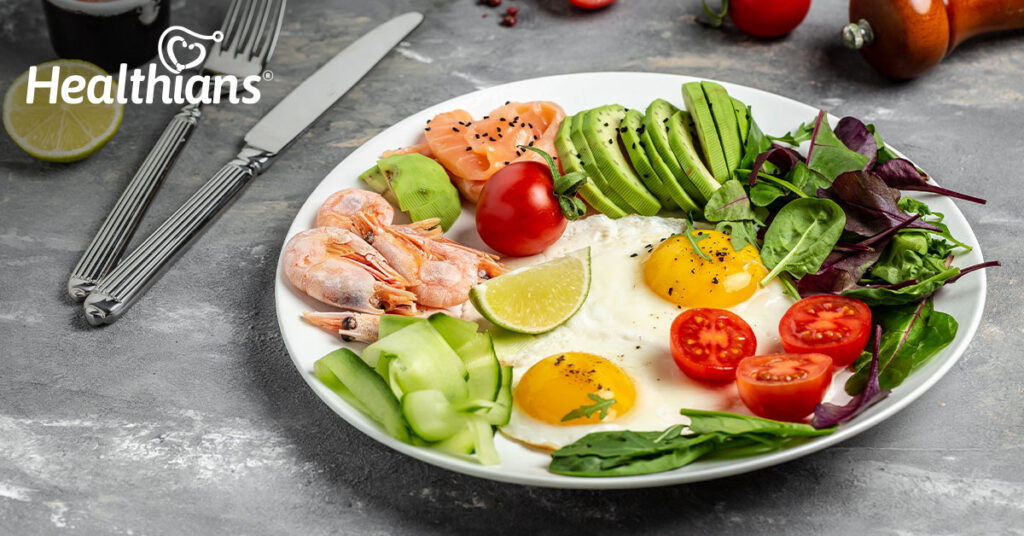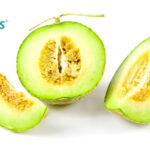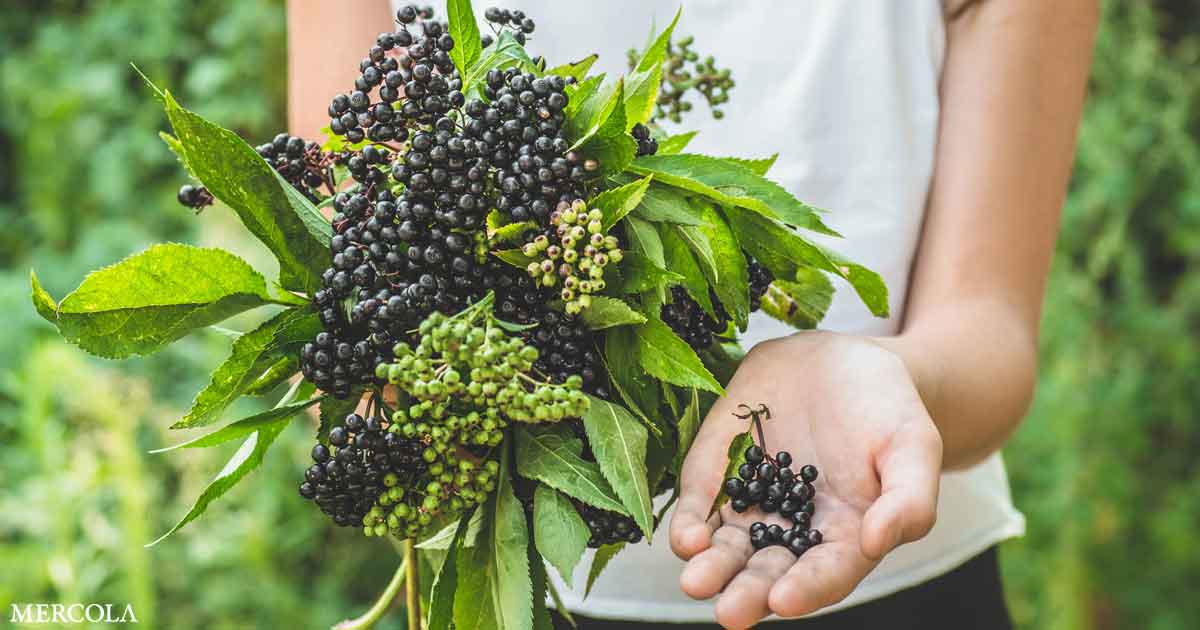
[ad_1]
Contributed by: Rachna Arya
What Are Antioxidants?
They are naturally occurring chemicals that fight a process in your cells known as oxidative stress, and this is thought to boost overall health. The main source is plant-based foods, including fruits and vegetables. However, they can also be found in man-made substances, such as dietary supplements.
Examples of antioxidants include:
- Beta-carotene
- Lutein
- Lycopene
- Selenium
- Manganese
- Vitamin A
- Vitamin C
- Vitamin E
Plant nutrients and chemicals like phenols, polyphenols, flavonoids, and phytoestrogens are also antioxidants. Each antioxidant has unique properties and serves a different function. So, it is a misconception that antioxidants are interchangeable with another. This is why it is necessary to have a range of different foods.
Prospective studies have shown that higher intakes of antioxidant-rich foods contribute effectively to a lowered risk of chronic oxidative stress-related diseases such as cardiovascular diseases, cancer, and deaths from all causes. At the same time, abundant evidence suggests that eating fruits, vegetables, and whole grains provides protection against many scourges of ageing.
In this article, we will look at some nutrients with antioxidant activity and the foods in which they are found:
Beta-carotene
It is an important dietary compound that has been linked with various health benefits. It is an antioxidant that belongs to a group of coloured pigments called carotenoids. The human body converts beta carotene into vitamin A, which is needed for good vision and eye health, a strong immune system, and for healthy skin and mucous membranes.
Where to get it:
Brightly coloured fruits and vegetables, such as carrots, squash, spinach, lettuce, tomatoes, sweet potatoes, broccoli, and other green vegetables.
Vitamin E
This fat-soluble antioxidant fights off free radicals that attack fats in your cell walls. Consumption of foods rich in vitamin E has been associated with better cardiovascular health. This nutrient also plays an important role in vision, reproduction, and the health of your blood, brain and skin.
Where to get it:
Whole grains, vegetable oils, Beet greens, collard greens, spinach, peanut butter, red bell pepper, and green leafy vegetables.
Vitamin C
Also known as ascorbic acid, this powerful antioxidant can neutralize harmful free radicals. Since it is water soluble (the body does not store it), it is important to consume food that contains it, every day. Vitamin C is necessary for cardiovascular health, wound healing and prevention of cancers of the stomach, lung, and digestive system.
Where to get it:
Green vegetables, tomatoes, strawberries, potatoes, green peas and citrus fruits like oranges and grapefruits, spinach and other green, leafy vegetables
Selenium
Found in soil and water, this antioxidant helps lower oxidative stress in the body, which reduces inflammation and enhances immunity. Various studies have demonstrated that increased blood levels of selenium are associated with enhanced immune response. Research suggests it can help to reduce the production of oxidised LDL and, therefore, the incidence of heart diseases as well as protect against cancer, especially of the lung, colon, and prostate.
Where to get it:
Brazilian nuts, grains, garlic, eggs, soybeans, seafood, red meat, and liver.
Omega-3 and Omega-6 Fatty Acids
Omega-3s are very powerful antioxidants that help remove toxins from the body and protect the cells and tissues from oxidative stress, allowing them to function optimally. Both essential omega-6 and omega-3 fatty acids are beneficial in the prevention or treatment of several cardiovascular, neurological, dermatological, and psychiatric disorders.
Where to get them:
Flaxseeds, salmon, tuna, sardines, walnut, vegetable oils, nuts, poultry
Vegetables and fruits with rich, vibrant colours often contain the most antioxidants. In general, the more intense the colour of the fruit or vegetable, the more antioxidants it has. There is no set recommended daily allowance for antioxidants, but it’s true that if you eat more of them, you’re less likely to get any number of diseases.
However, it is worth remembering that, while studies link the consumption of fruits and vegetables with better overall health, consuming added antioxidants, especially in processed foods, may not provide significant benefits.
Additionally, it is important to consult health before you consider taking antioxidant supplements.
However, there might be chances that you are allergic to any of the ingredients or might have an undiagnosed medical condition that can be aggravated by any of the ingredients.
‘In such a situation, you can also opt for genetic testing, which is a cutting-edge predictive health tool to ascertain your predisposition towards certain foods; that can have a positive or negative impact, depending from person to person.
Furthermore, you should also undergo preventive health checkups. These health checks give a complete report about your health, allowing you to take necessary precautionary measures to improve your well-being and keep a host of ailments at bay.
!function(f,b,e,v,n,t,s){if(f.fbq)return;n=f.fbq=function(){n.callMethod?
n.callMethod.apply(n,arguments):n.queue.push(arguments)};if(!f._fbq)f._fbq=n;
n.push=n;n.loaded=!0;n.version=’2.0′;n.queue=[];t=b.createElement(e);t.async=!0;
t.src=v;s=b.getElementsByTagName(e)[0];s.parentNode.insertBefore(t,s)}(window,
document,’script’,’https://connect.facebook.net/en_US/fbevents.js’);
fbq(‘init’, ‘1713453968920369’ ); fbq(‘track’, ‘PageView’);
[ad_2]
Source link





No comment yet, add your voice below!